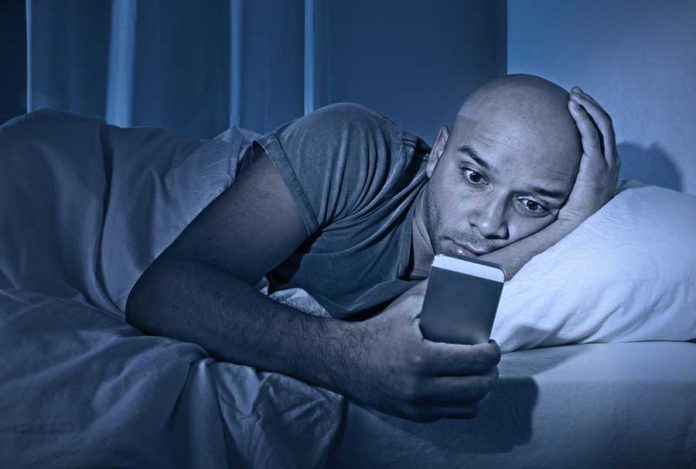
IF YOU’RE reading this, there’s a good chance you’re not getting enough sleep.
You could probably use a nap, and you’re not alone. Some adults report only sleeping for six hours or less on average when the recommended number is at least seven or more.
It’s important for you to get the sleep you need. No matter the age, children and adults report improved alertness, energy, mood and well-being when enjoying healthy, consistent sleep.
The recommendations for each age group for sleeping are:
Infants 4 to 12 months old: 12 to 16 hours (including naps), children 1 to 2 years old: 11 to 14 hours, 3 to 5 years old: 10 to 13 hours, 6 to 12 years old: 9 to 12 hours, Teenagers: 13 to 18 years old, 8 to 10 hours, adults: 7 hours or more.
Consider the amount of time you have a screen in front of you. It may be tempting to watch television and scroll through apps until you fall asleep, but this is one of the worst bedtime habits. The blue light emitted from phones, tablets and laptops resets your circadian clock and “tricks” your brain into thinking it’s time to be awake.
Implement a relaxing routine before bed.
Add daily exercise to your routine. Many people lead busy lives that are mentally tiring but consist of little to no physical activity. This can be a recipe for a poor night’s sleep.
Getting enough sleep isn’t just a matter of feeling well rested and alert; it’s a necessary component of good health. Sleeping six hours or less per night increases the risk of a stroke, coronary heart disease, diabetes and obesity. Insufficient sleep is such a widespread problem that it included as a major health problem.








